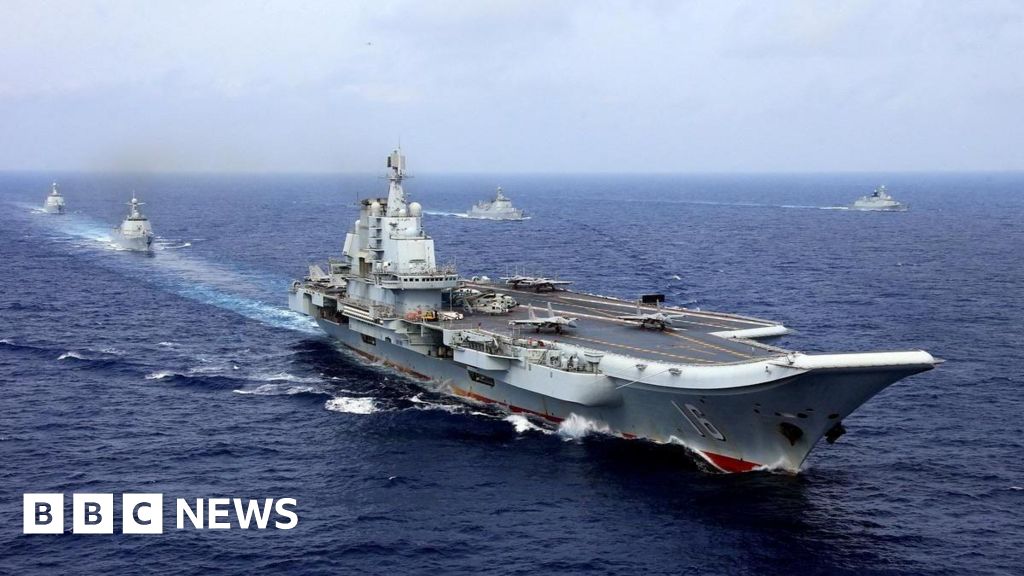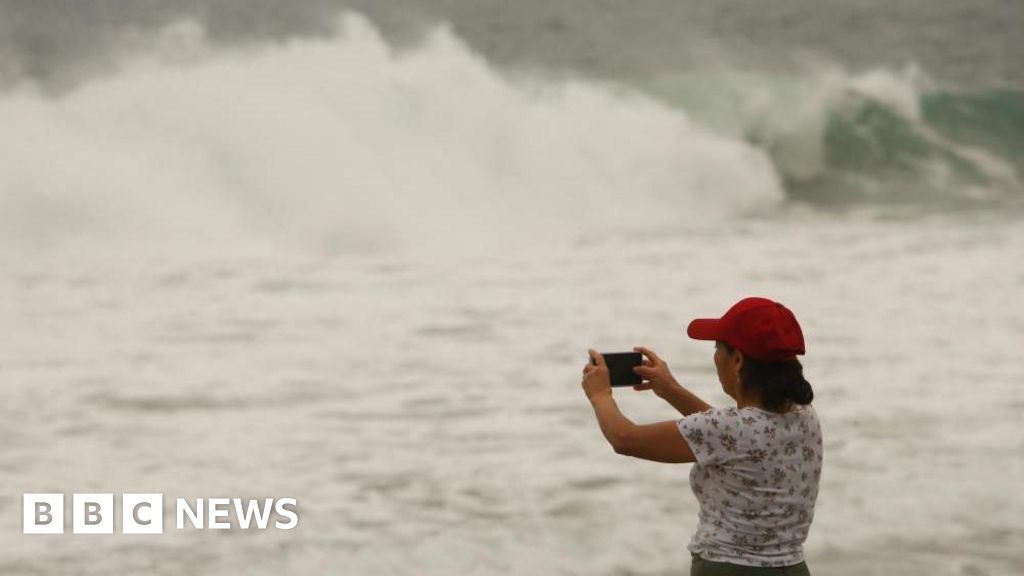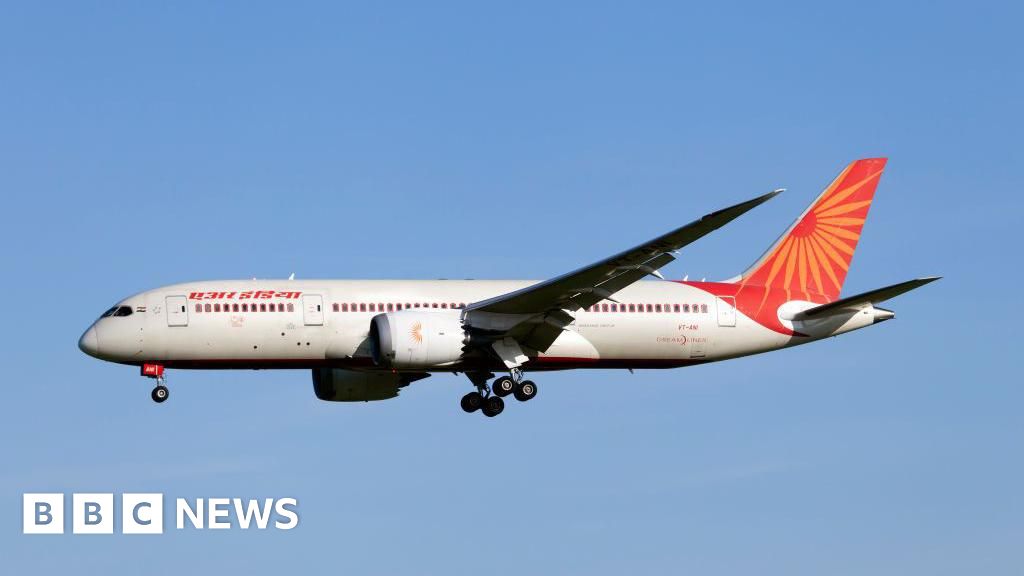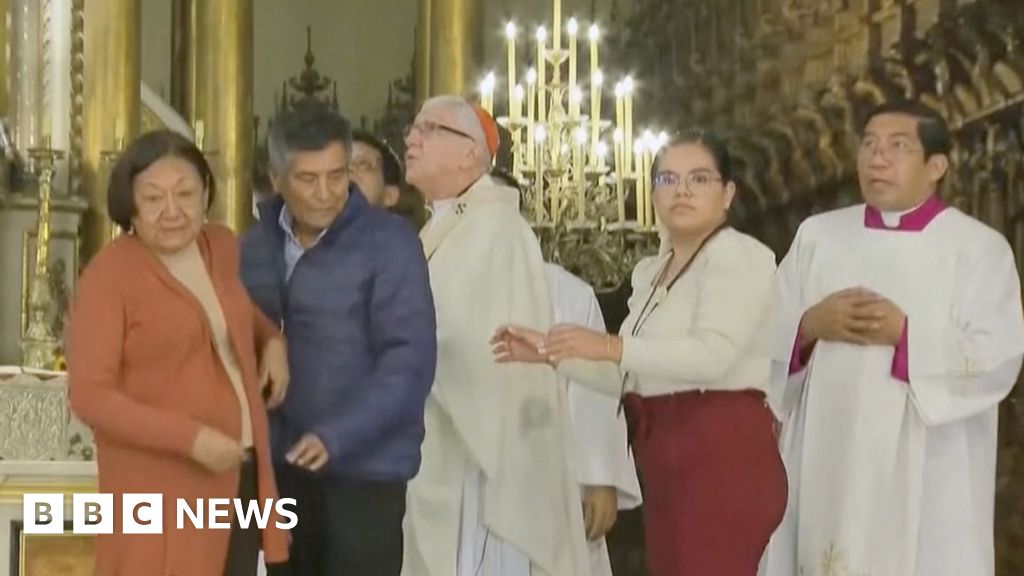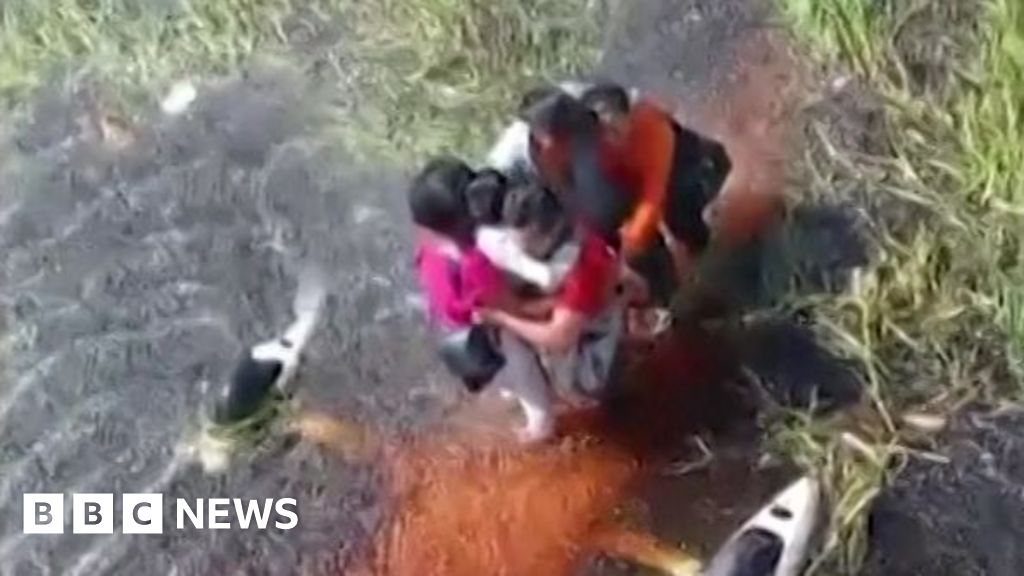The presidential pardon signed by Jimmy Carter in 1977 was a sweeping invitation to thousands of Americans to come home and help heal a nation torn apart by the Vietnam War. Those who had left for Canada to avoid the draft had wanted no part of the conflict, which killed about 60,000 Americans.
Canada had offered a refuge. It did not support the war and was willing to welcome, with few questions asked, those crossing the border.
Many war resisters, or draft dodgers as they were often called by others, were not interested in returning when Mr. Carter made his amnesty offer. Their decisions had come with high costs: ruptured family ties, broken friendships and, often, shame. While some hailed those who went to Canada as principled, others considered them cowardly.
Now, the 50th anniversary of the war’s end arrives at another turbulent moment.
For Americans living in Canada, President Trump’s economic attacks and threats to Canada’s sovereignty have again stirred uneasy feelings about the United States.
I traveled across Canada and spoke to roughly a dozen people who had left America, most now in their 70s or 80s, who reflected on their decisions to leave and their feelings about both countries. Here’s what they had to say.
The Optimist
Richard Lemm saw Canada as a mythical land of beautiful vistas and a peaceful government.
He applied for conscientious objector status in the United States, which was meant for people who refused military service because it was incompatible with their religious or moral beliefs, among other reasons. He was denied, and fled north in 1968.
“The principal motivation for leaving was political and moral,” said Mr. Lemm, a professor, writer and poet in Charlottetown, Prince Edward Island.
As for today, when he looks at the United States, he sees a deeply polarized society. “People are not listening to each other enough and really, really need to,” he said.
Peace activism in the 1960s held a lot of promise for Rex Weyler, a writer and ecologist who was born in Colorado.
But things changed when the F.B.I. came knocking after he ignored multiple draft notices. Mr. Weyler fled to Canada in 1972 and now lives on Cortes Island in British Columbia. He went on to become a founder of Greenpeace, the environmental group.
In the past several months, he said, several people in the United States have asked his thoughts about coming to Canada. In this case, he said, he doesn’t believe that leaving is the right answer.
“You can’t really run away from political opinions that you don’t like,” Mr. Weyler said.
The Family
Don Gayton spent two years serving in the Peace Corps among poor farmers in Colombia. When he returned to the United States in 1968, a draft notice awaited him.
“My country had sent me to help peasant farmers in Colombia,” Mr. Gayton said. “And now they want me to kill them in Vietnam.”
Mr. Gayton and his wife, Judy Harris, packed their belongings and two children and went to British Columbia in 1974.
The couple’s departure led to a decade-long rift with Mr. Gayton’s father, who was furious that his son had turned his back on his military duty.
“We were proud of it, that we stood our ground,” Mr. Gayton said. “The shocking part is that people will go to their grave never forgiving the war resisters.”
Seeking an Authentic Life
Born in Los Angeles to a family of hunters, Susan Mulkey was a vegetarian.
At 20, she took a bus to British Columbia because she opposed the war and wanted to pursue a more environmentally oriented lifestyle.
She now lives and works in community forestry in Kaslo, British Columbia, but has dabbled in American political activism, helping expatriates vote in U.S. elections.
“Canada facilitates my capacity to live an authentic life,” she said.
The Environmentalist
In 1969, Pierre Elliott Trudeau, Canada’s prime minister, declared that the draft status of young Americans moving to Canada was not relevant to their being allowed to legally enter the country.
That was one reason John Bergenske moved to British Columbia in 1970 after the United States granted him conscientious objector status.
“I left because I fell in love with this landscape,” Mr. Bergenske said. “The politics were secondary.”
He focused on environmental work and was the longtime executive director of Wildsight, a nonprofit conservation organization.
“If you’re going to leave your home country, you should be sure that where you’re going to is a place that you really love,” Mr. Bergenske said.
Three generations of Ed Washington’s family served in the U.S. military. They were Black and considered the military more hospitable than the civilian world.
“My grandfather felt it was the least racist place for him to be,” said Mr. Washington, a legal aid lawyer in Calgary, Alberta.
His mother, a Quaker, sent Mr. Washington to a Quaker boarding school in British Columbia. When he returned to the United States to attend college, he applied for conscientious objector status because of his pacifist beliefs and taught at a Quaker school in California where he met Jerry Garcia and became immersed in rock ’n’ roll subculture.
But Mr. Washington said he soured on the drug use in his circles and moved back to British Columbia in 1974.
He hasn’t spent a lot of time dwelling on the past. “I just thought it would interfere with me living my life today,” he said.
As a university student in Washington state, the draft policy allowed Brian Conrad to defer his military service as long as he was enrolled in school.
After completing his studies, he hitchhiked through Latin America in 1972, eventually marrying and using his Canadian dual citizenship to move to British Columbia, where he spent 30 years as a high school teacher and an environmental activist.
Mr. Conrad has considered returning to the United States, but two things keep him away: Canada’s tight control of firearms and its public health care system.
Still, he said, “I don’t want to paint one with roses and the other with thorns. We have our challenges and problems.”
The Pacifist
Ellen Burt grew up in a Quaker family in Eugene, Ore., shaped by a culture that opposed many U.S. policies, even before the Vietnam War.
At 19, Ms. Burt decided she wanted to live in the wilderness. She traveled to British Columbia, where she had connections to Quakers living there.
She started her family while farming and caregiving and holding seasonal jobs.
She never considered going back to the United States because her relatives there were so supportive of her move. Today, however, she said she feels Canada does not have quite the same reputation for being a haven.
“This right-wing takeover of governments is happening all over the world,” she said.
The Mountains Were Calling
Canada felt more like a giant backyard than a separate country to Brian Patton. The border was just a short drive from his job in Montana as a park ranger.
After taking an injured woman across the border to a hospital in Alberta one night in 1967, he decided he wanted to live in the Canadian Rockies.
He ignored a draft notice in the mail, went on to become a Canadian citizen and wrote a hiking manual called, “The Canadian Rockies Trail Guide.”
The mountains were Mr. Patton’s sanctuary, he said: “Sanity was just a step across the border.”
The Politician
When his draft notice arrived, Corky Evans stuck by the rules and took an Army physical exam. He passed.
Mr. Evans tried to obtain conscientious objector status, but his Christian minister refused to write a letter of support.
He married a woman with children from a previous marriage and they moved to Canada.
He became a child-care worker on Vancouver Island and toiled at odd jobs before running for a provincial office, which led to a long career in British Columbian politics.
“Canada let me build a life here,” Mr. Evans said.
The Father
Bob Hogue was serving in the army and stationed at the Presidio in San Francisco, at the time an army base, where he unloaded the body bags of American soldiers who had died in Vietnam.
He dreaded the moment when he would be called to the front line.
When the day came, he decided to go AWOL. He said he couldn’t bear the possibility that his 1-year-old son might grow up without a father.
In 1969, he crossed the Canadian border with his wife and son.
“Not once did I ever feel guilty about it or that I was betraying my country,” said Mr. Hogue, who lives in northern British Columbia.
He took on various jobs, including firefighting and carpentry, before eventually owning a small logging company. Still, Mr. Hogue never gave up his American citizenship and feels an affinity for the country he left behind.
“I’m worried for the state of our world,” he said.
Vjosa Isai contributed reporting from Toronto.
Source link

